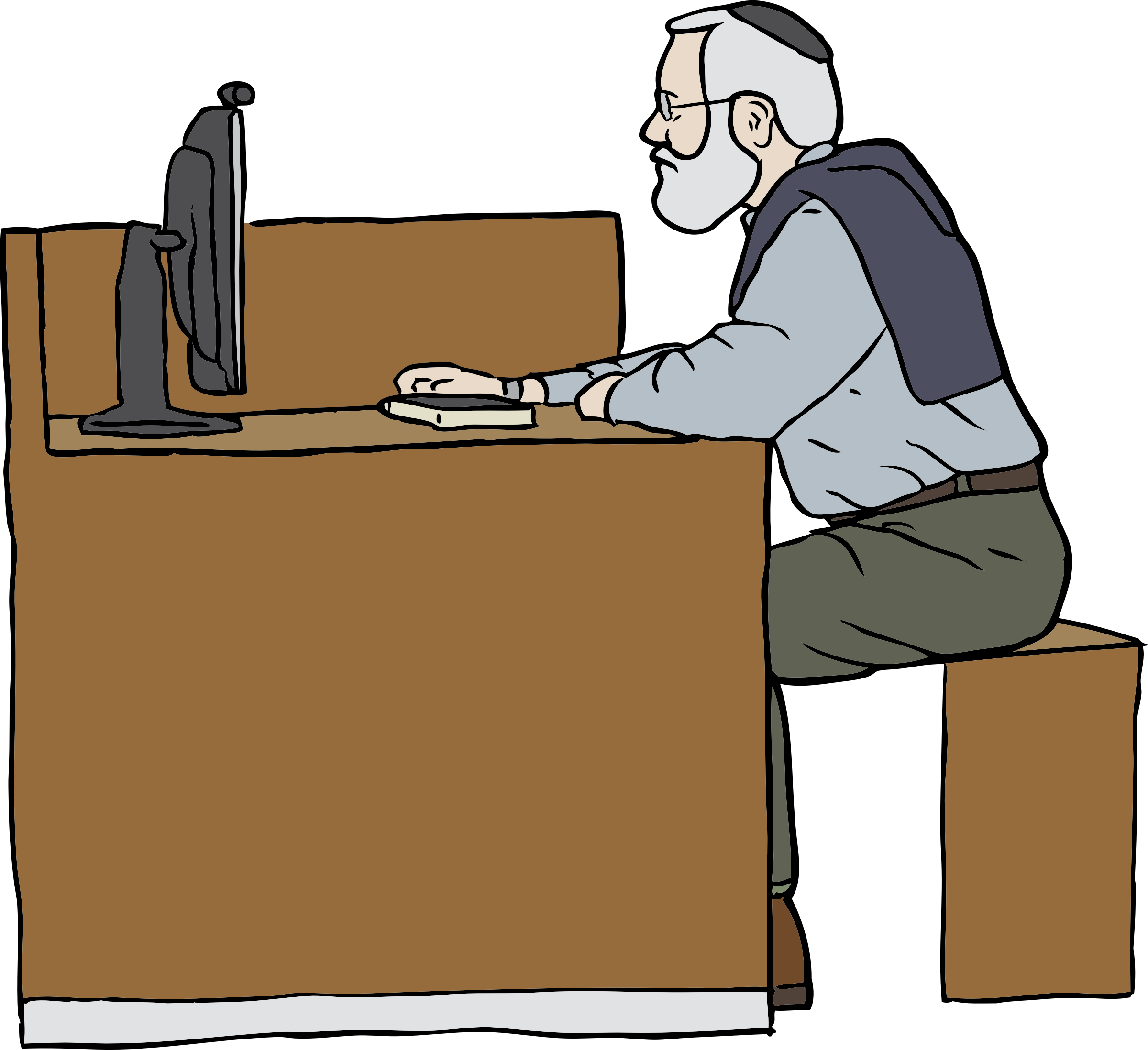In contemporary discourse, male privilege often surfaces as an intriguing focal point for profound contemplation and examination. This perennial theme invites a closer scrutiny of the socio-cultural constructs that underpin gender dynamics. Within the Bahá’í Faith, teachings illuminate pathways to address and dismantle systemic inequalities, urging individuals to engage in transformative actions that foster equity and justice. This article endeavors to unpack various facets of male privilege through the lens of Bahá’í principles, advocating for a conscientious and proactive response to this ubiquitous issue.
At its core, male privilege manifests in myriad ways, subtly permeating societal norms and expectations. This privilege often affords men advantages that can appear innocuous at first glance yet wield significant implications for the broader tapestry of gender relations. For instance, men may encounter prescriptive beliefs that adjudicate their roles as inherently dominant or authoritative, perpetuating a cycle that valorizes aggression over empathy. This pervasive entitlement can engender an unfounded sense of superiority, marginalizing the voices and contributions of women and non-binary individuals.
The Bahá’í Faith provides a rich philosophical framework that challenges such inequities. Central to its teachings is the concept of the oneness of humanity. This principle articulates a vision in which all individuals, irrespective of gender, are acknowledged as vital cogs in the machinery of society. The Bahá’í perspective underscores the importance of recognizing the inherent dignity and potential of every person, advocating for an environment where collaboration supersedes competition, and nurturing relationships between genders fosters a culture of respect and mutual support.
Furthermore, the Bahá’í writings advocate for the equal participation of women in all facets of society, deeming it essential for the flourishing of both social and spiritual life. In addressing male privilege, it is paramount to explore how men can act as allies, dismantling the barriers that hinder the progress of women. Such collaboration is not merely altruistic; it serves to enrich societal structures by integrating diverse perspectives and capabilities. Men recognizing their privilege and utilizing it to amplify women’s contributions is a critical step toward achieving genuine gender equity.
Understanding the historical context of male privilege is crucial in comprehending its enduring nature. The societal norms that endorse male dominance are deeply rooted in patriarchal traditions, often reinforced by cultural narratives that valorize masculinity. The Bahá’í teachings exhort individuals to transcend these antiquated ideologies. By internalizing the belief in oneness, adherents are inspired to reject the acceptability of privilege based solely on gender. This necessitates a thorough re-evaluation of inherited beliefs, inviting men to actively engage in the discourse surrounding gender equity.
Moreover, the notion of personal responsibility emerges as a salient theme within Bahá’í philosophy. Each individual bears the weight of their actions and beliefs, thereby possessing the agency to influence societal change. Men, especially those cognizant of their own privileges, are well-positioned to confront and challenge systemic injustices. This requires a commitment to introspection and a willingness to engage in dialogues that may be uncomfortable. The Bahá’í framework encourages a spirit of humility and inquiry, vital for fostering understanding and bridging divides.
Another critical aspect of addressing male privilege involves education. The Bahá’í teachings emphasize the transformative power of knowledge and the necessity for holistic education that incorporates moral, ethical, and spiritual dimensions. By cultivating awareness about the implications of male privilege, men can better understand the experiences of marginalized groups. This education can take various forms, from formal discussions to informal conversations, creating a milieu where empathy and awareness flourish. Through engagement in educational initiatives, men can effectively challenge stereotypes, fostering an atmosphere of inclusivity.
As part of this educational journey, reflection on the intersectionality of gender with other forms of privilege—such as race, socioeconomic status, and sexual orientation—unfolds as an essential endeavor. The Bahá’í principle of integration propounds that a comprehensive understanding of social justice must incorporate diverse perspectives. Men must strive to appreciate how their privileges intersect with and compound the disadvantages faced by others, fostering an encompassing vision of justice that transcends individual experiences.
Furthermore, cultivating spaces for dialogue among men is crucial. These forums allow for sharing experiences and insights, creating opportunities for accountability and mutual growth. Supportive peer groups can serve as catalysts for encouraging men to confront uncomfortable truths about privilege and its implications. The Bahá’í teachings celebrate the value of companionship and collaboration, reinforcing the notion that collective efforts yield greater impact. Through these shared experiences, men can devise strategies to actively combat gender inequities, advancing toward a more just society.
In conclusion, the Bahá’í teachings provide a compelling framework for addressing the nuances of male privilege. By embracing the principles of oneness, equality, and education, individuals are equipped to catalyze meaningful change. This pursuit requires a holistic understanding of societal structures, a commitment to personal accountability, and a dedication to fostering dialogical spaces. Challenging male privilege is not merely an exercise in introspection; it is a collective endeavor that necessitates action and collaboration. Ultimately, as men engage with these teachings, they contribute not only to their own growth but also to the advancement of humanity as a whole.
